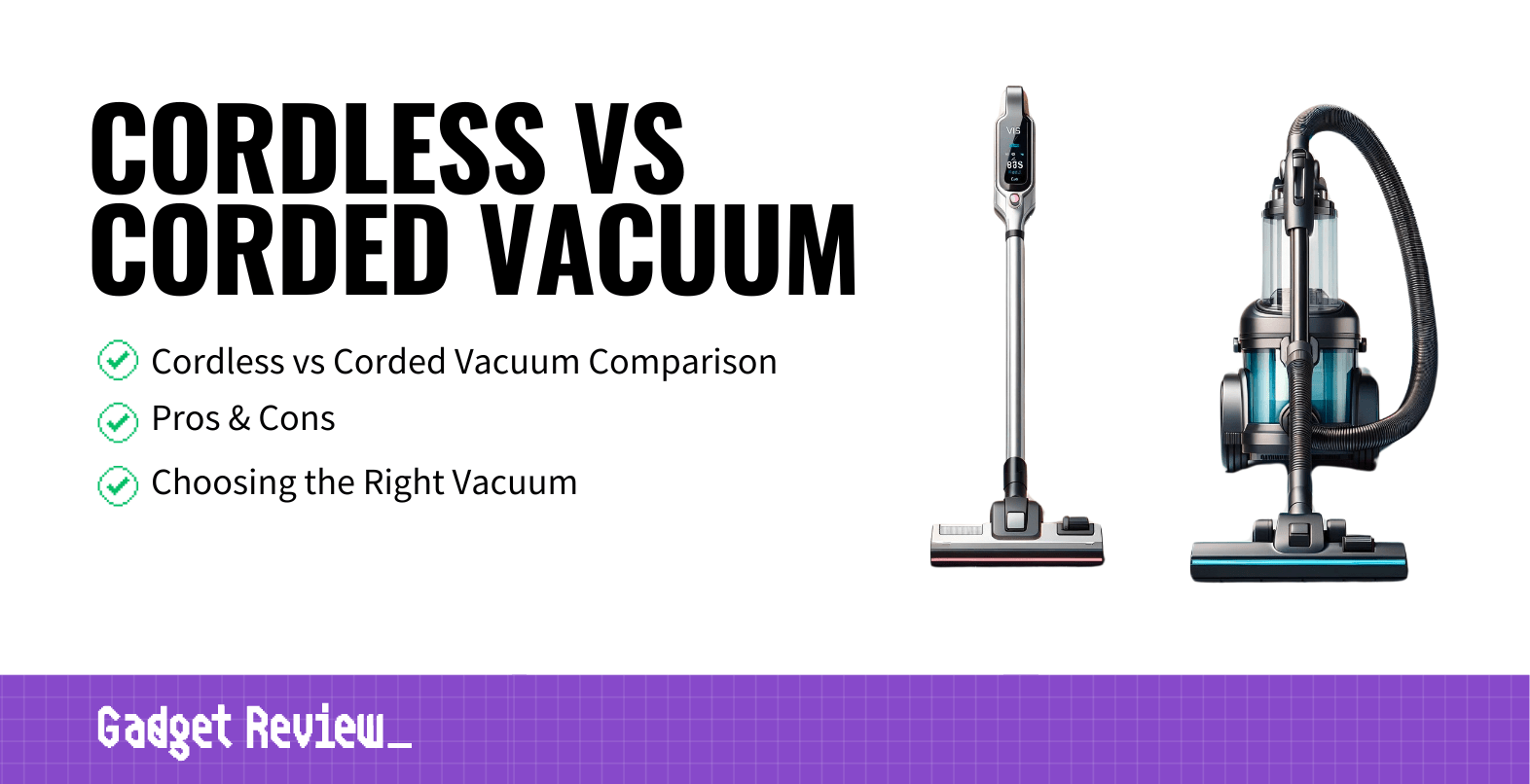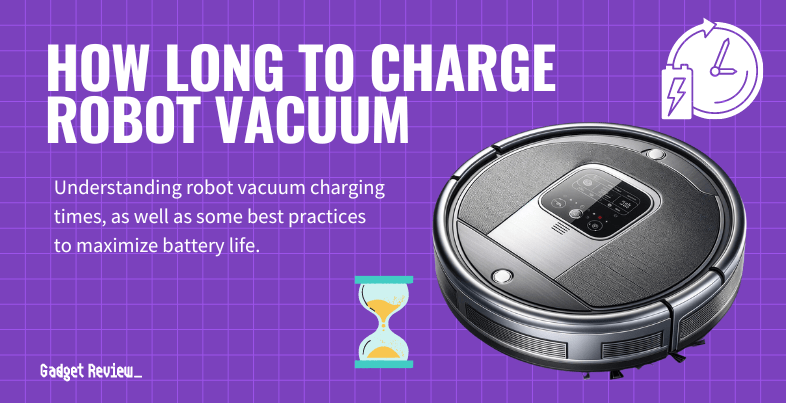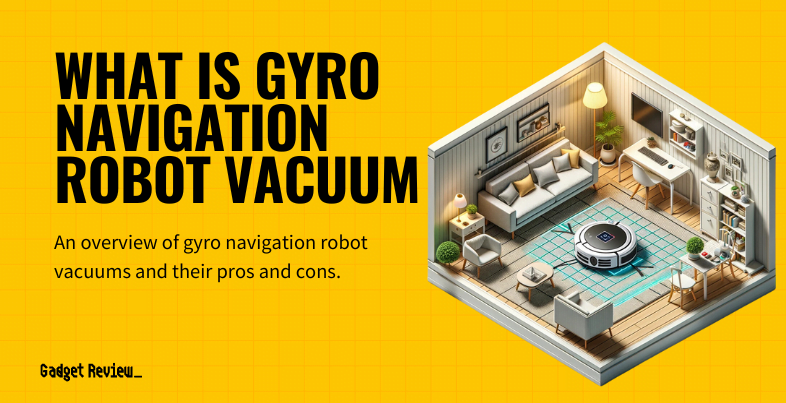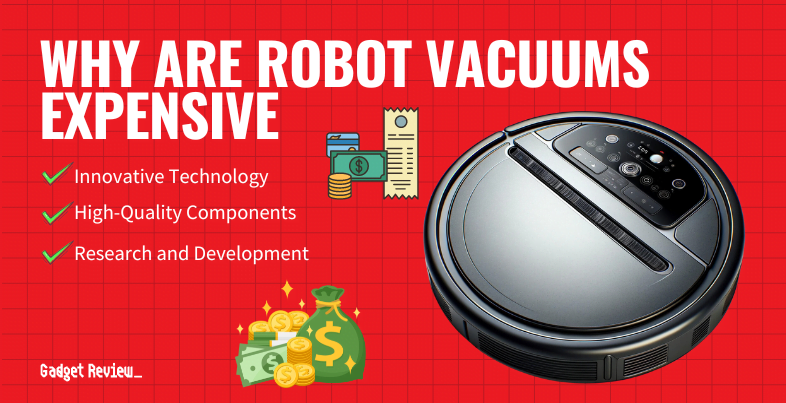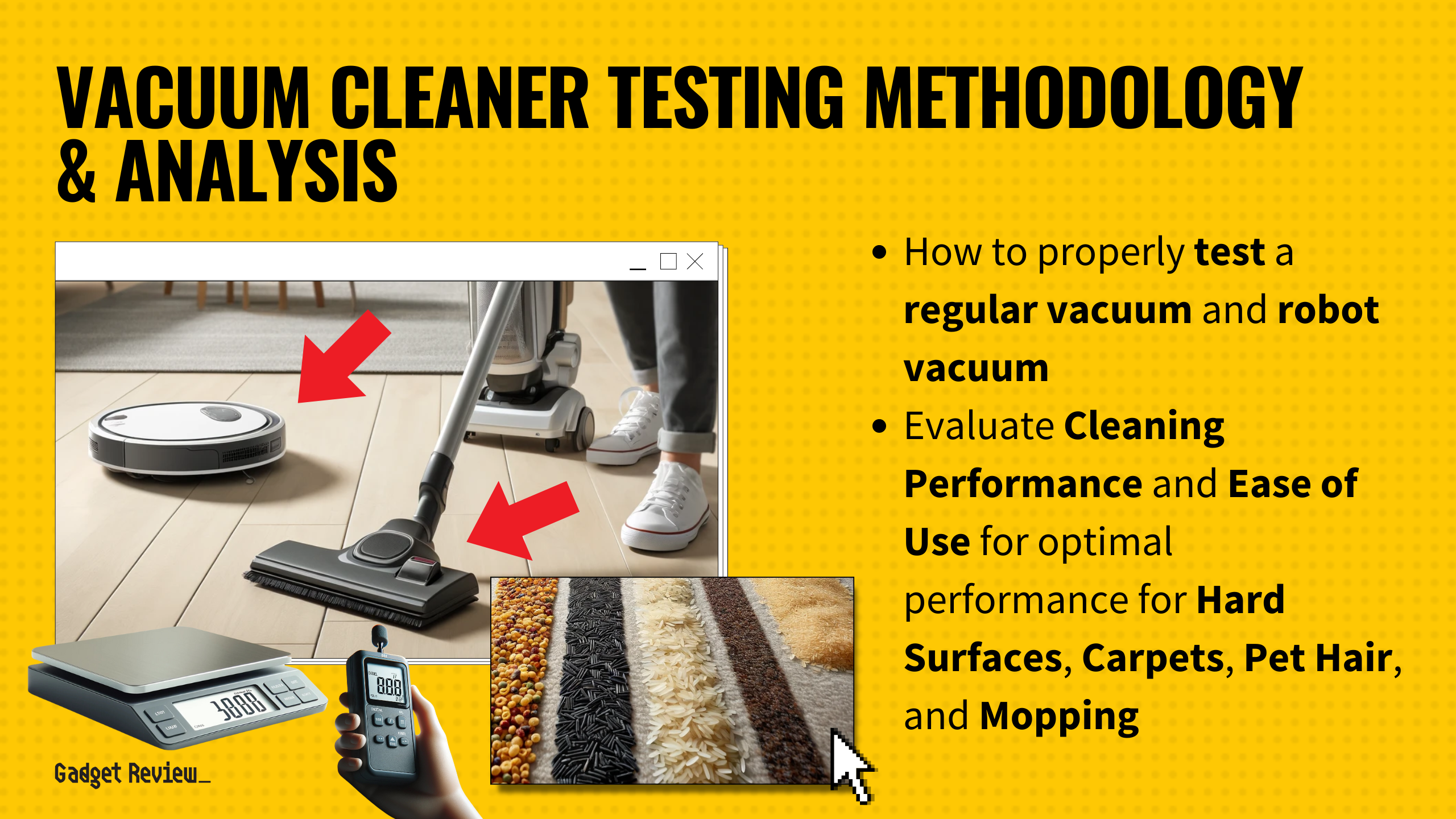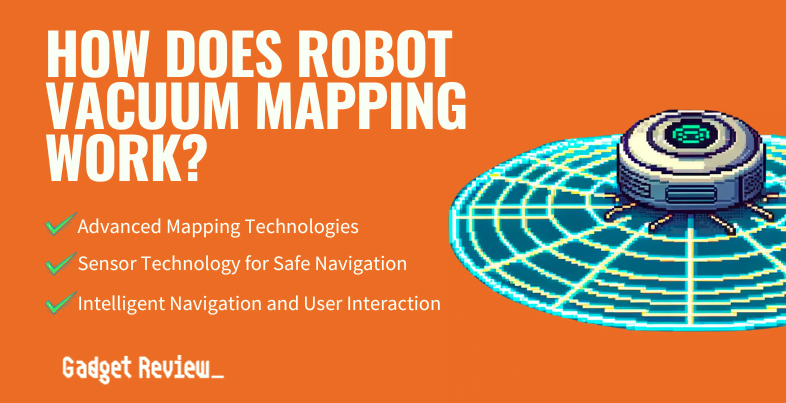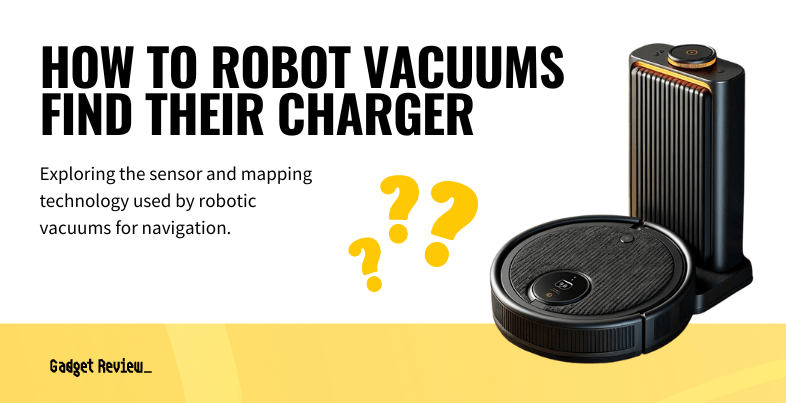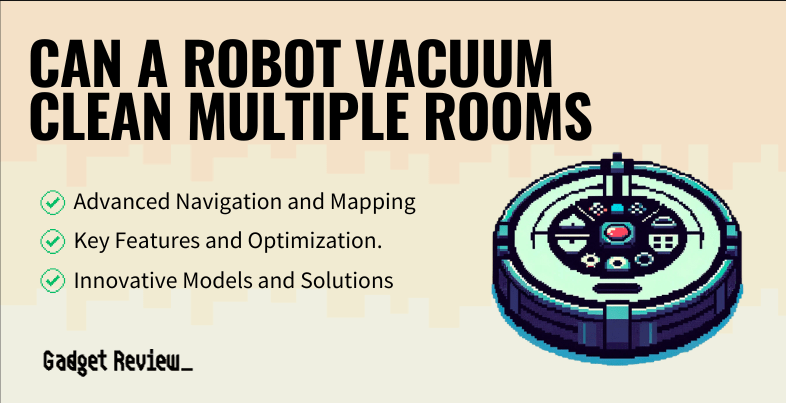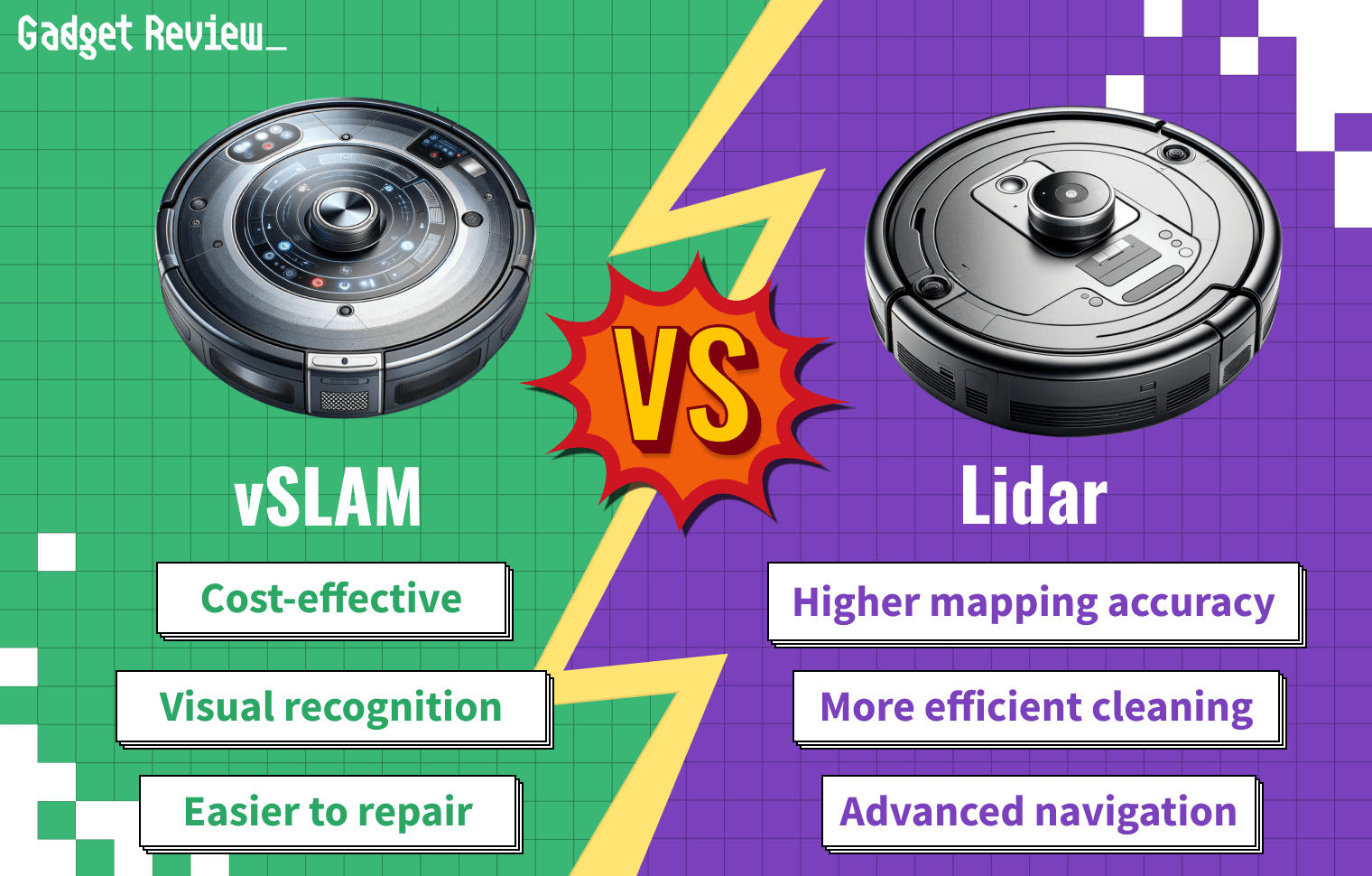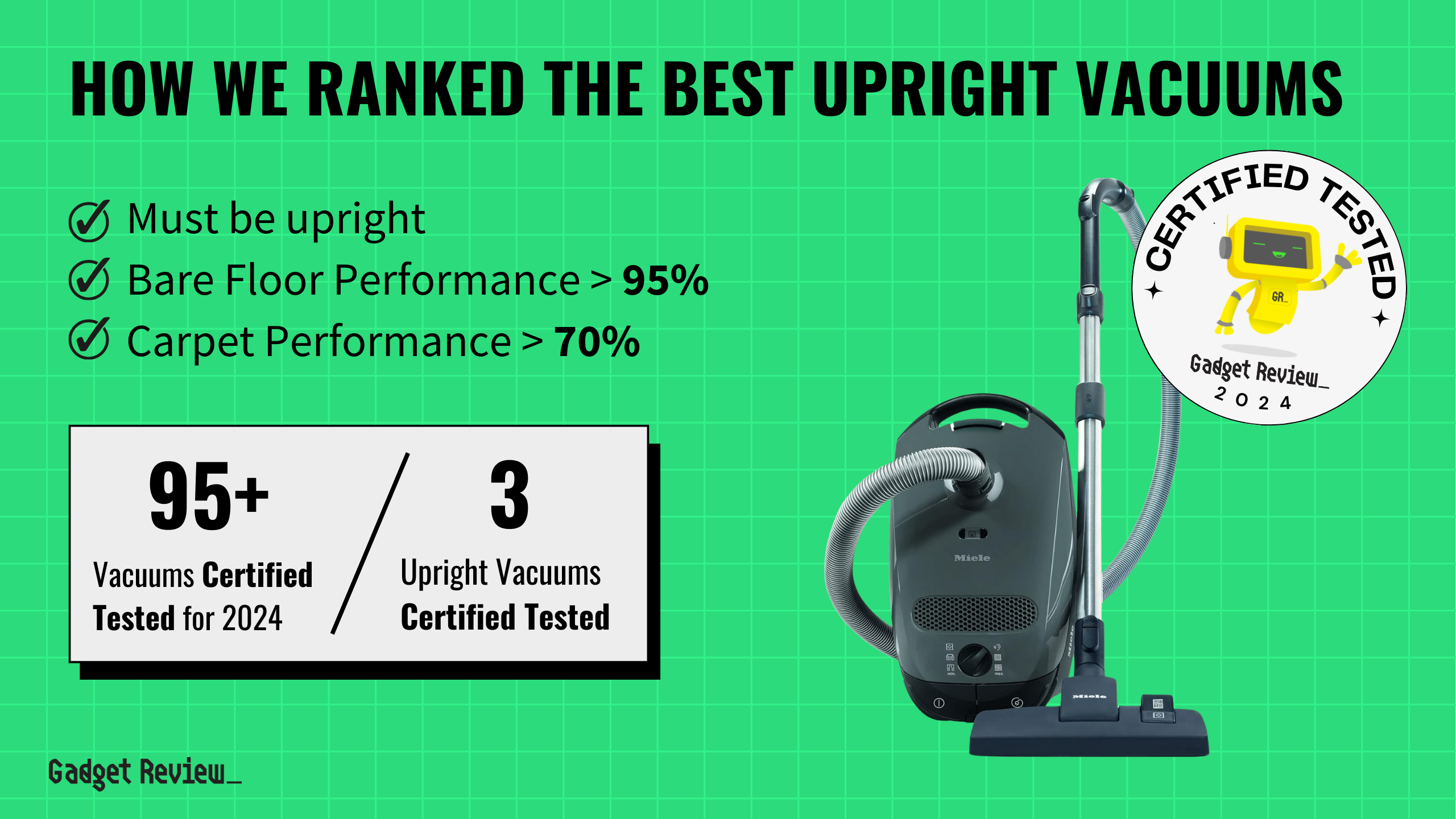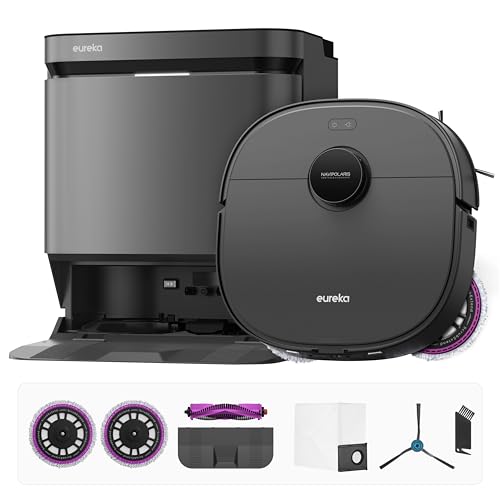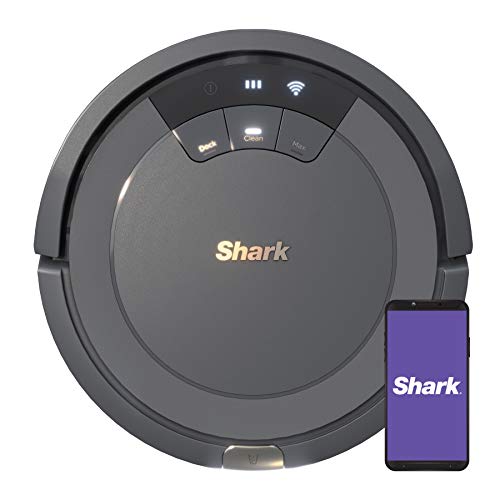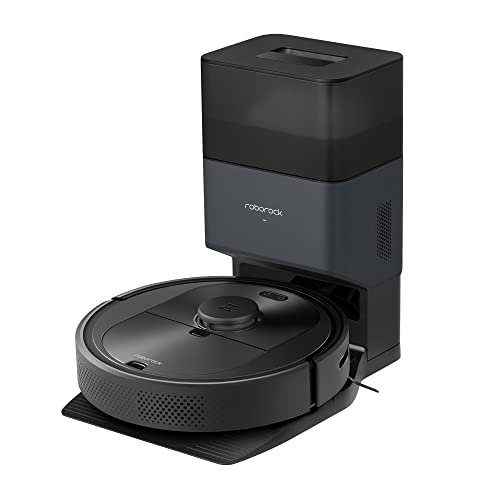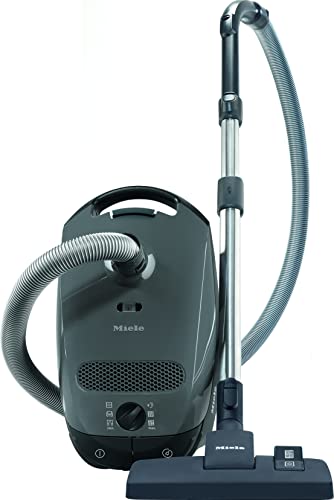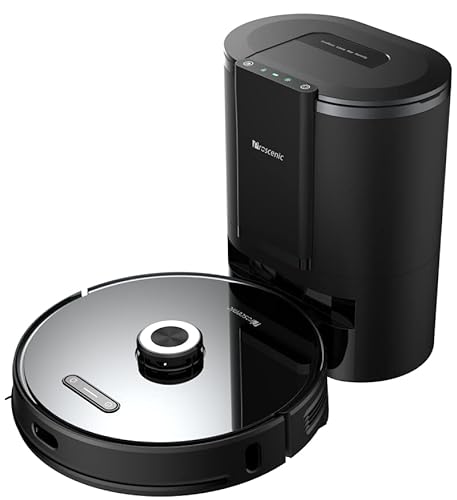When it comes to keeping your home clean, choosing the right vacuum cleaner is crucial.
With technology constantly evolving, the decision between cordless and corded vacuums has become a common dilemma for many.
In this post, we’ll dive into the specifics of both types.
Cordless vs Corded Vacuum: Quick Answer
If you’re in a hurry, here’s the quick lowdown:
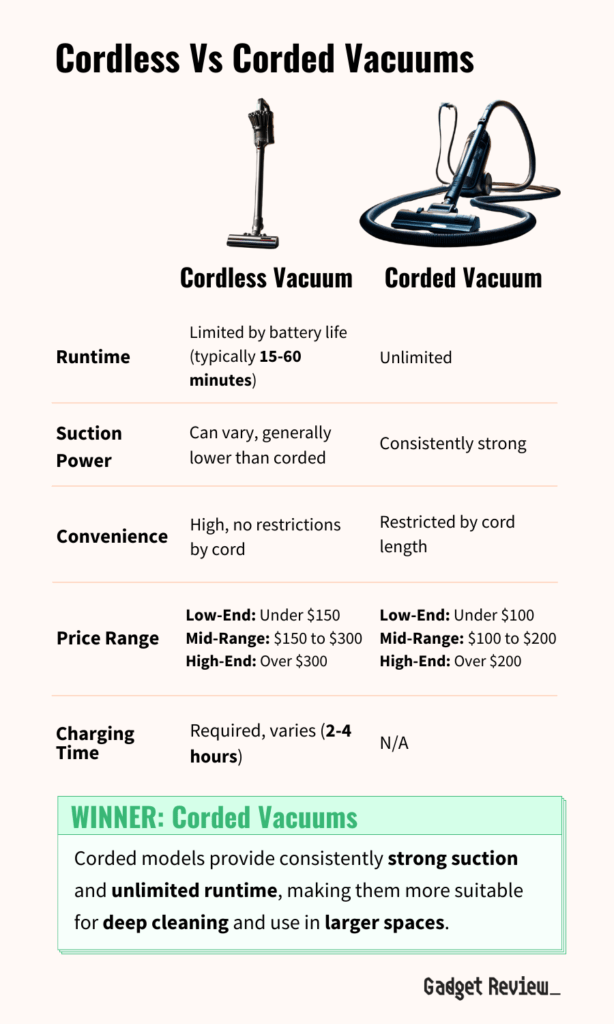
Cordless or Corded: Which Is Best?
For those interested in a more visual comparison, check out the video below:
Comparative Analysis of Cordless vs Corded Vacuums
Cleaning Efficiency
If your home requires thorough, deep cleaning, especially if you have carpets and rugs, a corded vacuum is more efficient. For lighter tasks and quick clean-ups, a cordless model will serve you well.
Home Layout and Size Considerations
Consider the size and layout of your home. Cordless vacuums are a great choice for smaller homes or apartments with limited storage space. For larger homes, especially those with lots of carpeting, a corded vacuum is likely a better fit.
The choice between a cordless and a corded vacuum comes down to your specific cleaning needs and the size of your home.
To recap:
- Cordless Vacuums: Ideal for quick, light cleaning tasks and smaller spaces. They offer portability and ease of use but are limited by battery life and generally have less power and smaller dirt capacities.
- Corded Vacuums: Better suited for deep cleaning and larger areas. They provide continuous power and stronger suction but are less convenient due to their cords and often heavier design.
Your choice of vacuum is based entirely on your individual requirements.
Select the vacuum that will keep your home clean and make your cleaning routine more efficient.


